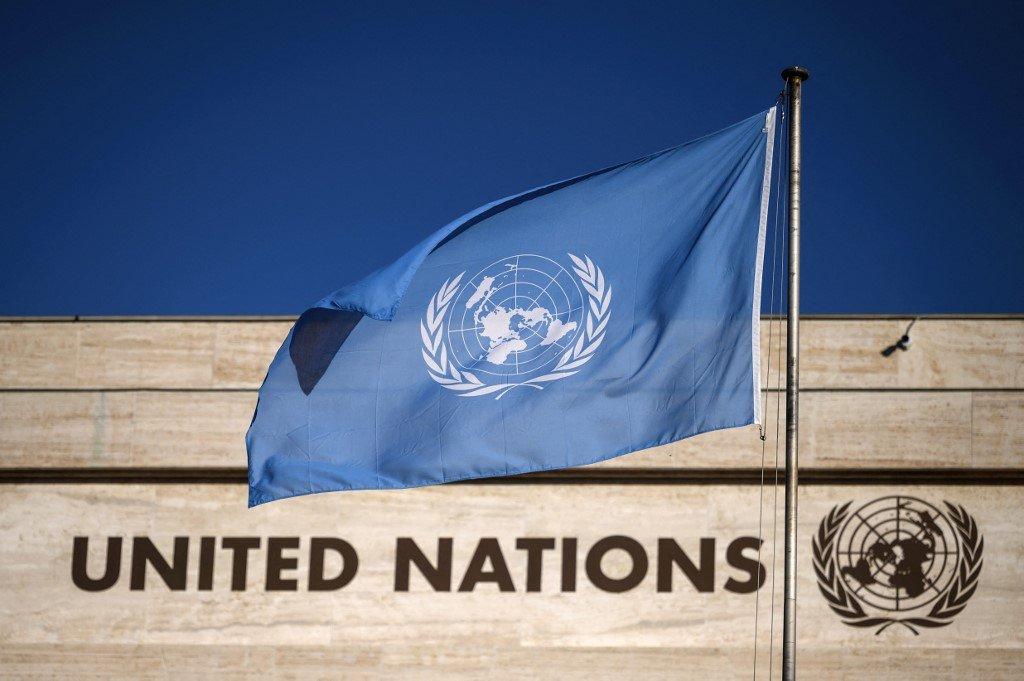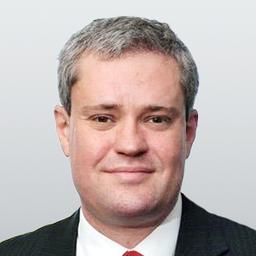Commentary
In September 2022, the U.N. General Assembly adopted Resolution 75/1, which contains a declaration emphasising “the need to improve ... preparedness for not only health-related crises but also other challenges and crises.”


In September 2022, the U.N. General Assembly adopted Resolution 75/1, which contains a declaration emphasising “the need to improve ... preparedness for not only health-related crises but also other challenges and crises.”